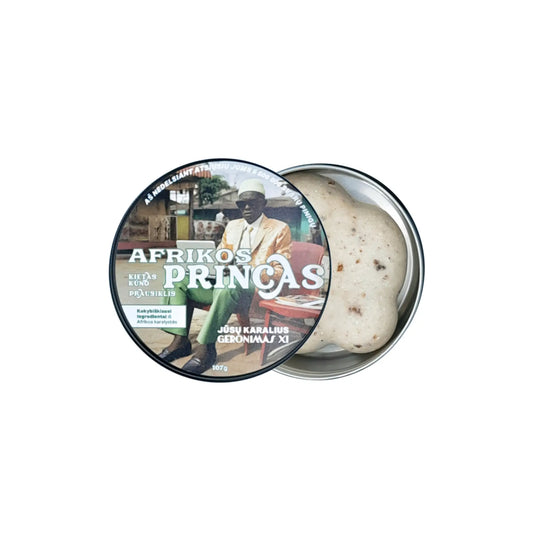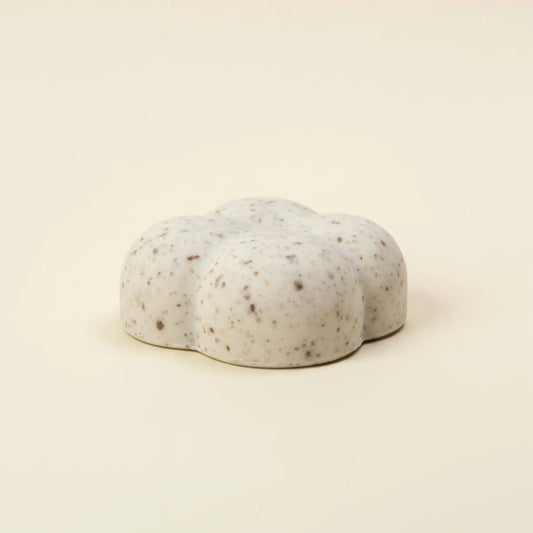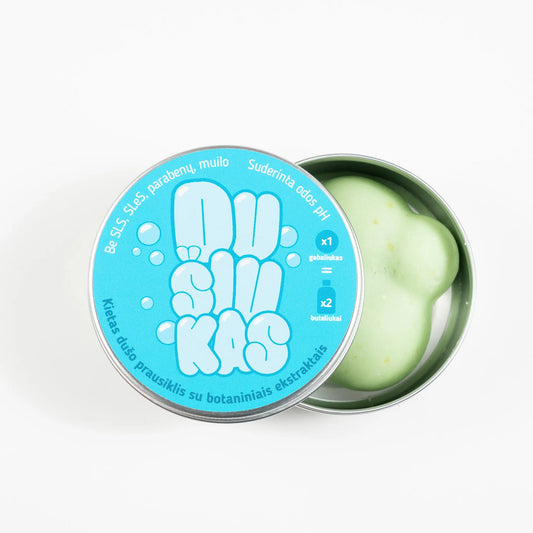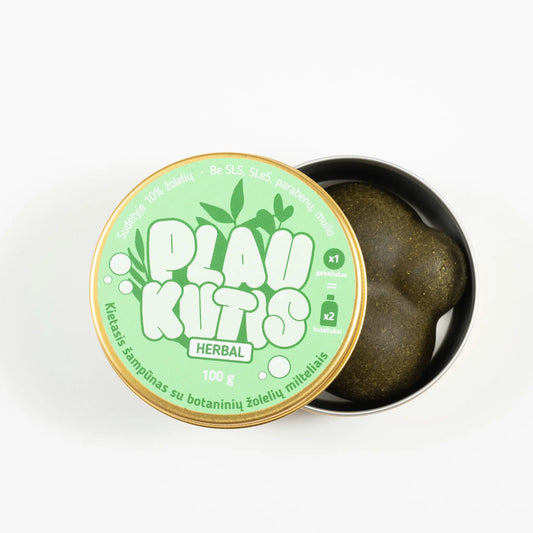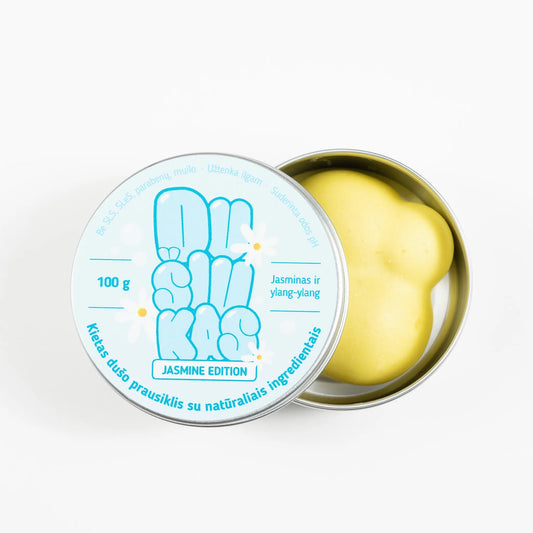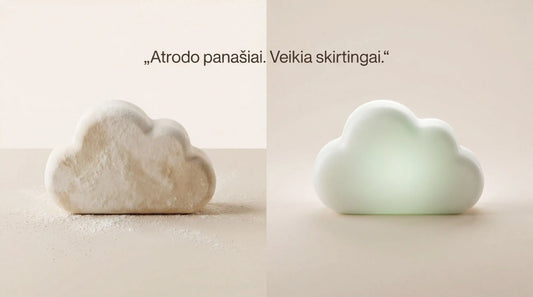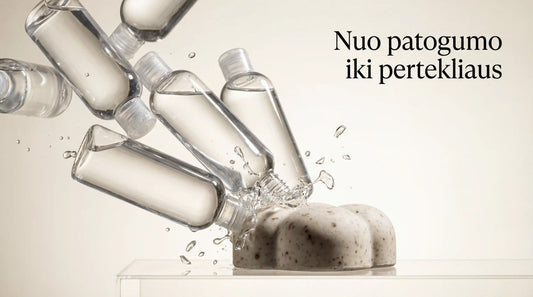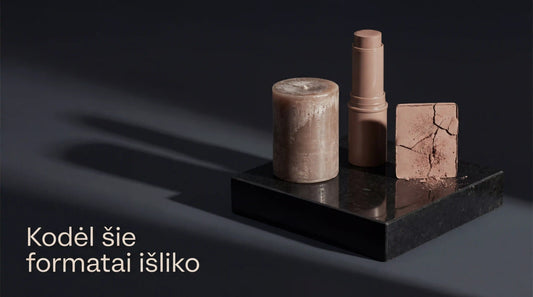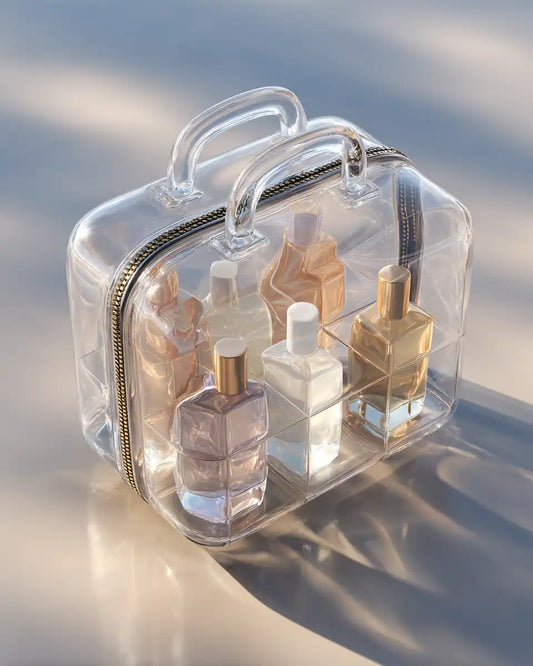Graying hair is a natural part of the aging process, but it's much more complex than just the passing of age. It all starts with melanin , the pigment that gives hair its color. As we age, melanin production slows down, resulting in silver, gray, or white hair.
But it's not just age that affects hair graying. Genetics, stress, and lifestyle choices can also affect when and how quickly your hair turns gray. Did you know that even environmental factors like oxidative stress can speed up the graying process? Let's take a look at what's actually going on inside your hair follicles.
How melanin production decreases with age
The role of melanocytes in hair color
To understand how hair turns gray, you need to start with melanocytes , specialized cells located in hair follicles that produce melanin. The main types of melanin— eumelanin (responsible for brown and black hair) and pheomelanin (responsible for red and blonde hair)—combine to create the various shades of hair color.

Melanocytes produce melanin during the hair growth cycle, giving hair its pigment. However, over time, these cells begin to produce less melanin, and eventually stop producing it altogether. Without melanin, newly growing hair turns gray or white.
- Unexpected statistic : Almost 50% of people have gray hair by the age of 50. This phenomenon is called the “50-50-50 rule” – 50% of people have at least 50% gray hair by the age of 50.
Why does melanin production decrease with age?
Why does melanin production decrease as we age? The answer lies in the aging of melanocytes and the gradual loss of these cells. Over time, the supply of melanocytes is depleted, and these cells stop producing melanin in the hair follicles.
Another factor is the accumulation of hydrogen peroxide in the hair follicles. Normally, the body produces an enzyme called catalase , which breaks down hydrogen peroxide into water and oxygen. However, as we age, catalase production decreases, causing more hydrogen peroxide to accumulate. This excess acts as a bleaching agent, disrupting melanin production and causing hair to turn gray.
- Interesting fact : Studies show that people who experience higher levels of oxidative stress may start to go gray faster due to excessive levels of hydrogen peroxide, which interferes with melanin formation.

Transition from pigmented to gray hair
Hair graying is usually a slow and gradual process. At first, you may notice a few isolated gray strands, but as more and more melanocytes stop producing melanin, the percentage of gray hair increases. The texture of your hair may also change, becoming coarser and drier, as melanin not only gives your hair its color, but also affects its structure and strength.
- Fun fact : While it is often thought that gray hair is “weaker,” the truth is that gray hair is often coarser and its cuticles may be stronger. However, the loss of pigment can make it more sensitive to external factors, such as sunlight or chemical treatments.
Factors that accelerate the graying process
While aging is the main cause of gray hair, external factors can also accelerate the process. Let's take a look at some of the lesser-known factors that accelerate the appearance of gray hair.
Oxidative stress and free radicals
Oxidative stress is one of the main reasons why hair turns gray faster. This happens when the body produces too many free radicals , which are unstable molecules that can damage cells, including melanocytes. When the body experiences too much oxidative stress, it can cause a decrease in melanin production, which leads to premature graying.
Free radicals arise from environmental factors such as pollution , UV radiation , and chemical exposure . Additionally, emotional stress can increase oxidative stress in the body, accelerating the aging process.
- Scientific insight : A study published in the Journal of Investigative Dermatology found that oxidative stress plays a role in graying by damaging melanocytes, causing gray hair to appear more quickly in those who experience chronic stress.

Smoking and premature graying of hair
There is a significant link between smoking and premature graying of hair. Smoking causes excess free radicals that damage melanocytes and accelerate the graying process. Studies have shown that smokers are much more likely to start graying hair before the age of 30 compared to non-smokers.
- Unexpected statistic : A 2013 study showed that smokers are 2.5 times more likely to start going gray at an early age than non-smokers.
The influence of nutrition on hair graying
Nutrition has a bigger impact on hair pigmentation than many people realize. Certain nutrients are crucial for melanin production and overall hair health. For example, deficiencies in vitamin B12 , copper , iron , and zinc have been linked to premature graying.
A 2016 study published in Biological Trace Element Research found that people who experience early graying of their hair had lower levels of zinc and copper compared to those who maintained their natural hair color longer.

- Tip : To promote healthy hair pigmentation, include antioxidant-rich foods such as leafy greens, berries, and nuts in your diet, as well as foods rich in B vitamins, iron, and copper.
Hormonal changes and hair graying
Hormonal imbalances, especially those related to thyroid function, can also lead to premature graying of hair. Conditions such as hypothyroidism (an underactive thyroid) and hyperthyroidism (an overactive thyroid) can affect hair color, texture, and overall health.
- Interesting fact : Studies have shown that people with thyroid disorders are three times more likely to experience premature graying of hair and other changes in hair health, such as hair thinning.

Myths and interesting facts about gray hair
There are many myths about gray hair - let's debunk some of them and share a few unexpected facts.
-
Myth 1 : Stress is the main cause of gray hair.
- Truth : While stress can accelerate the graying process due to oxidative stress, genetics and aging are still the main causes. Stress alone will not cause gray hair, but it can contribute to its appearance.
- Fun fact : The Guinness World Record for the most gray hair at a young age belongs to a British man who had 80% gray hair by the age of 20. His gray hair was linked to a rare genetic condition.
-
Myth 2 : Pulling out one gray hair causes two new ones to grow.
- Truth : Pulling out one gray hair will not cause more gray hairs, but constant hair pulling can damage the follicle and eventually lead to hair thinning or baldness.
- Fun fact : In some cases, gray hair can return to its natural color, especially after chemotherapy or intense stress reduction. While this is rare, it shows that gray hair is not always a permanent change.
-
Myth 3 : Gray hair is coarser than pigmented hair.
- Truth : Gray hair may look coarser because it's often drier, but it's not necessarily thicker or stronger than pigmented hair. The lack of pigment affects its texture, which can make it feel rougher.
- Fun fact : Some people experience a rare phenomenon called poliosis , where small patches of gray or white hair appear in certain areas of the head, such as at the hairline, even at a young age.

Practical tips for caring for gray hair
Gray hair needs special care to keep it healthy, shiny and vibrant. Here are some practical tips to keep gray hair in good condition:
- Moisturize regularly : Gray hair tends to be drier due to the loss of melanin, which also affects the hair's ability to retain moisture. Use moisturizing conditioners and hair masks to keep hair soft and prevent frizz.
- Use a purple shampoo : Gray hair can sometimes take on a yellowish tint due to environmental factors like pollution or hard water. Purple shampoo helps neutralize these tones and keep gray hair vibrant.
- Protect from the sun : The lack of melanin makes gray hair more vulnerable to UV rays, which can further fade or dry out your hair. Use a UV protection spray or wear a hat when spending time outdoors.
- Embrace the change in texture : Since gray hair can become coarser, it's important to adjust your styling routine. Avoid using excessive heat, which can further dry out your hair, and opt for gentler care methods, such as air drying or silk wraps to reduce friction.

FAQ about gray hair
Question: Can stress cause graying?
- Answer: While stress can contribute to the graying process, genetics and aging are the main causes. Stress increases oxidative stress in the body, which can accelerate the graying process, but it does not directly cause gray hair.
Question: Is it possible to prevent gray hair?
- Answer: There is no proven way to completely prevent graying, as it is largely determined by genetics. However, a healthy lifestyle—eating a balanced diet, avoiding smoking, and managing stress—can slow the process.
Question: Why do some people go gray earlier than others?
- Answer: Genetics play the biggest role in determining when a person's hair starts to gray. If your parents or grandparents started graying early, it's likely that you may also experience premature graying. Other factors, such as smoking, diet, and stress, can also play a role.
Question: Can gray hair regain its natural color?
- Answer: In rare cases, gray hair can regain pigment, especially after recovery from stress, illness, or chemotherapy. However, for most people, once their hair turns gray, it stays that way.
Question: Does gray hair grow faster than pigmented hair?
- Answer: No, gray hair grows at the same rate as pigmented hair, but it may appear more prominent due to the contrast with darker hair. The change in texture may also give the impression that the hair is growing faster.

Conclusion: Understanding and Caring for Gray Hair
Hair graying is a natural and inevitable part of the aging process, but understanding its biology can help us better appreciate the process. Whether your hair starts turning gray in your 20s or later, the decline in melanin production in your hair follicles is a biological miracle. While lifestyle factors like smoking, diet, and stress can accelerate graying, your genetics will largely determine when your silver strands will become visible.
Remember, gray hair doesn't mean the end of beauty—it's simply a new chapter in life. With proper care, your gray hair can be as healthy and shiny as ever, allowing you to enjoy your natural beauty at any age.
